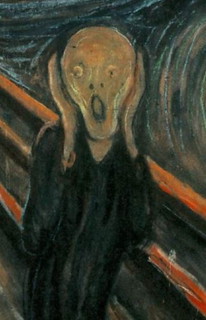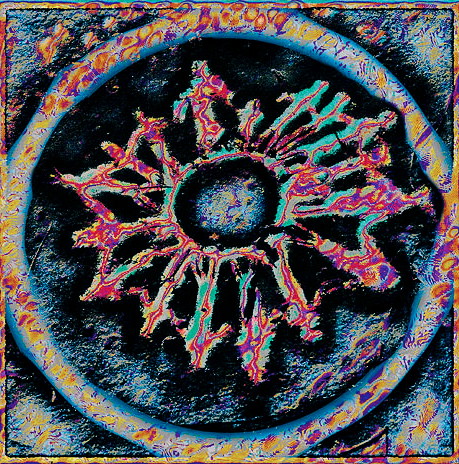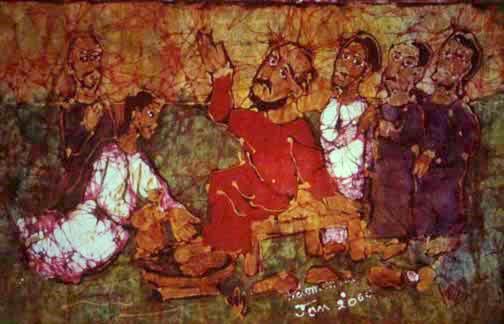Walter Brueggemann | Schooled In Denial
Hey everybody!
Walter Brueggemann will be our guest speaker at Faith & Culture 2013!
(November 4-6, 2013 | Word of Life Church | St. Joseph, Missouri)
Here’s a taste of Brueggemann’s inimitable genius…
Go HERE for more information and to register for Faith & Culture 2013.
Do it today!
BZ
PS
Here’s some of the highlights from the Brueggemann video…
The wounded in our society are everywhere, but we are schooled in denial.
Art both ministers to people at the point of their pain, but may also be a way of penetrating the denial to have a conversation about it in the first place.
The pressure for certitude and absolutism is a kind of anxious, frightened response to the reality of pain. We think we cannot bear it, so we protect ourselves from it by imagining that we don’t know about our own pain.
But what we always discover is that if we can get access to our pain in a community that we trust [the church], our pain is almost always is bearable, because the trustworthiness of our brothers and sisters will hold and is reliable and will not let us fall through.
What good artistry has to do is help us to see or hear that our certitudes are mainly phony, that life does not conform to our certitudes.
God in the whirlwind speeches [in Job] is also something of an artist; he moves in big images and questions and invites a fresh think about things.
The church is historically and instrically an artistic operation.
If people are caught in dogmatism or in moralism they tend not to notice how incredibly artistic it all is.









 Walter Brueggemann is an Old Testament scholar who has spent so much time studying the Old Testament prophets that he seems to have turned into one. He scares me. He’s the Steven King of the authors I read. I remember reading The Prophetic Imagination on a flight from India and writing in the margin, “I wish I hadn’t read this…but I have and I am now responsible.” Walter Brueggemann scares because I think he’s right—that our society is far more distorted than we have supposed. But in this time of economic catastrophe, when Bel bows, Nebo stoops and the false gods of Babylon are shown to be incapable of providing the peace and security they promise, we may be open to a critique of our idols that could lead us to the truly radical alternative of hope in the living God. My prophetic declaration concerning 2009 has been that it is a year of falling idols and rising hope. May it come to pass. So without commentary, other than to say I agree with this prophetic perspective, I offer to you my adaptation and modification of Walter Brueggemann’s 19 Theses..
Walter Brueggemann is an Old Testament scholar who has spent so much time studying the Old Testament prophets that he seems to have turned into one. He scares me. He’s the Steven King of the authors I read. I remember reading The Prophetic Imagination on a flight from India and writing in the margin, “I wish I hadn’t read this…but I have and I am now responsible.” Walter Brueggemann scares because I think he’s right—that our society is far more distorted than we have supposed. But in this time of economic catastrophe, when Bel bows, Nebo stoops and the false gods of Babylon are shown to be incapable of providing the peace and security they promise, we may be open to a critique of our idols that could lead us to the truly radical alternative of hope in the living God. My prophetic declaration concerning 2009 has been that it is a year of falling idols and rising hope. May it come to pass. So without commentary, other than to say I agree with this prophetic perspective, I offer to you my adaptation and modification of Walter Brueggemann’s 19 Theses..